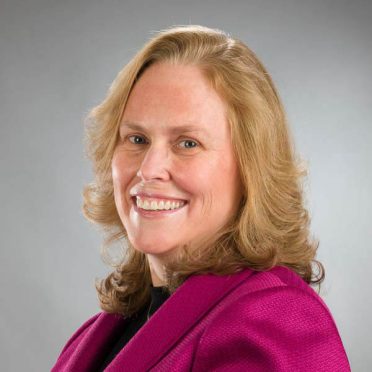How can anyone feel safe when the person who carried out the worst mass shooting in American history Sunday during a country music festival in Las Vegas is an 64-year-old millionaire resident of a retirement community with no criminal record?
“It’s becoming more predominant and that’s scary for all of us,” said Dr. Laura Saunders, a clinical psychologist at Hartford Hospital’s Institute of Living. “If we only focus on the negative and the tragedies, it’s going to be hard to get up in the morning.”
It’s hard enough on adults. What about children? How to explain the actions of Stephen Craig Paddock, who, from a 32nd-floor hotel suite at the Mandalay Bay Resort and Casino, killed at least 58 people and wounded 527 before killing himself?
“Shield children as much as possible from something like this,” said Saunders during an appearance on WFSB this week. “We can’t promise that bad things will happen, but we can assure people that we will do our best to keep ourselves safe and that our police and our fire officials will do their best to keep us safe.”
Dr. Jim O’Dea, vice president of operations for the Hartford HealthCare Behavioral Health Network, recommends parents:
- Encourage them to talk about how they feel, and ask questions.
- Answer questions straightforwardly. If you don’t have the answer, admit it and try to get it for them later.
- Acknowledge their fears, but reassure them that these incidents are not common, and they are safe. For example, many schools have security measures in place to stop something like this from happening.
- Point out the positive. The first responders to the shooting were heroes, much like the 9/11 firefighters.
- Limit their exposure to tragic events in the media, especially television. If they are exposed to media reports or graphic images, try to be there with them so you can explain to them what they are seeing, hearing or reading. If you don’t, they could become confused and frightened.
Be careful, says Saunders, with children who have vulnerabilities.
“They might be prone to anxiety,” she said during an appearance on Fox 61. “They might be prone to depression. The might be prone to depression. They might have previously experienced a trauma or a significant loss. Those kids I want to keep a closer eye on.”
Remember, too, that safety begins a home. Reassure your children that their home and school are safe havens.
“The guidelines I use are reinforce, review and reassure,” said Saunders. “Reinforce that it’s OK to have feelings. Review any safety measures, because what a tragedy like this brings up is anxiety. What if something happens to us in our home? What if something happens in our school? So review the safety measures. And reinforce when something like this happens, come and talk about it. That’s the message we really want to send.”


